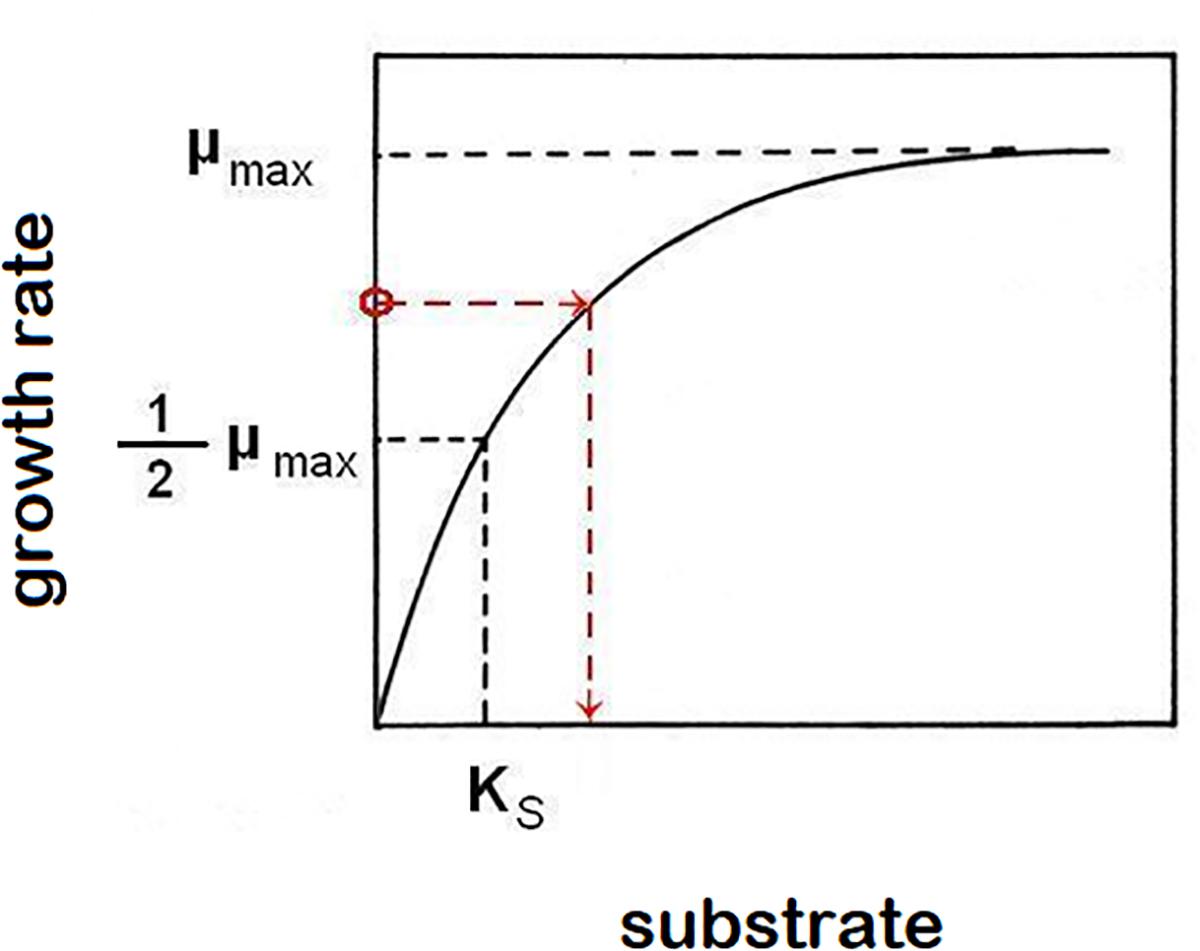
Other studies using MC specifically reported differences in T and B cell, monocytes and neutrophils in RA as compared to controls but not comparing ACPA-positive and ACPA-negative disease. Nonetheless, the first studies using MC have revealed novel insights as suggesting, for example, that that PD-1 hiCXCR5 −CD4 + T cells (Tph cells) are expanded in joints and blood of seropositive RA. Until now, MC has been used only to a limited extent to investigate rheumatic diseases. MC is an antibody-based technique utilizing heavy metal isotope-conjugated probes. The analyses of the immune cell composition by high-dimensional single-cell platforms such as mass cytometry (MC), also known as cytometry by time of flight, offer new possibilities to gain additional insights into the cellular composition within rheumatic diseases.

Moreover, few findings have been replicated which could be due to treatment effects or differences in disease duration. These studies generally focused on a specific cell type or immune cell subset present in the immune system providing limited information on the overall cellular composition of the major immune lineages in RA and/or RA endotypes. In contrast, a signature CD4 + T cells compatible with IL-6-mediated STAT3 signalling was observed mostly in ACPA− disease during the early clinical phase. Likewise, CCR6 expression was reported to be upregulated in CD4 +CD45RO + T helper cells in ACPA-positive (ACPA+) disease, as was an increase in the frequency of CD4, CD8 double-positive T cells and the ratio of M1/M2 monocytes in peripheral blood. Several studies investigating RA on the immune cell level report on decreased frequencies of regulatory T cells in RA patients.

Despite great efforts by the field, data on the immune cell composition truly associated with RA is limited. The pathogenesis of RA is incompletely understood, apart from a role for B cells, given the efficacy of B cell-depleting therapies. ACPA are highly disease-specific, and their presence is associated with more severe disease and poor prognosis compared to ACPA-negative patients (ACPA−). A hallmark of RA is the presence of autoantibodies, such as rheumatoid factor (RF) and anti-citrullinated protein antibodies (ACPA). Rheumatoid arthritis (RA), a common chronic autoimmune disease, is characterized by persistent synovial and systemic inflammation, potentially leading to irreversible joint damage. ConclusionsĪlthough no differences in major lineages were found between early ACPA+ and ACPA− RA, this study identified the reduced presence of activated basophils in ACPA-negative disease as compared to ACPA-positive disease and thereby provides the first evidence for a connection between activated basophils and ACPA status. Although the NK cell subset did not replicate by FC, FC replication confirmed the difference in CD62L + basophil frequency when comparing ACPA+ to ACPA− patients (mean 0.32% vs.

monocytes, T and B cells), but highlighted two innate subsets: CD62L + basophils ( p = 0.33) and a subset of CD16 − NK cells ( p = 0.063). MC indicated no differences when comparing major immune lineages (i.e.
#Importance of serial dilution in research articles manual#
FC data were processed and analysed using both an unsupervised analysis pipeline and through manual gating. A second validation cohort of cryopreserved PBMCs obtained from early RA patients (27 ACPA+ and 20 ACPA−) was used to confirm MC data by flow cytometry (FC). Data were processed using Cytosplore for dimensional reduction (HSNE) and clustering. Methodsįreshly obtained PBMCs of early, untreated RA patients (8 ACPA+ and 7 ACPA−) were analysed using a 36-marker MC panel, including markers related to various immune lineages. Here, we set up a broad phenotyping panel to study the immune cell profile of early untreated RA to investigate if specific immune cell subsets are associated with ACPA+ versus ACPA− RA. Mass cytometry (MC) is a high-dimensional technique offering new possibilities in the determination of the immune cell composition in rheumatic diseases.

However, the immune cell composition associated with antibody-positive/negative disease is incompletely defined. Anti-citrullinated protein antibodies (ACPA) are highly disease-specific, and their presence is associated with more severe disease and poor prognosis compared to ACPA-negative patients. Autoantibody production is a hallmark of rheumatoid arthritis (RA).


 0 kommentar(er)
0 kommentar(er)
